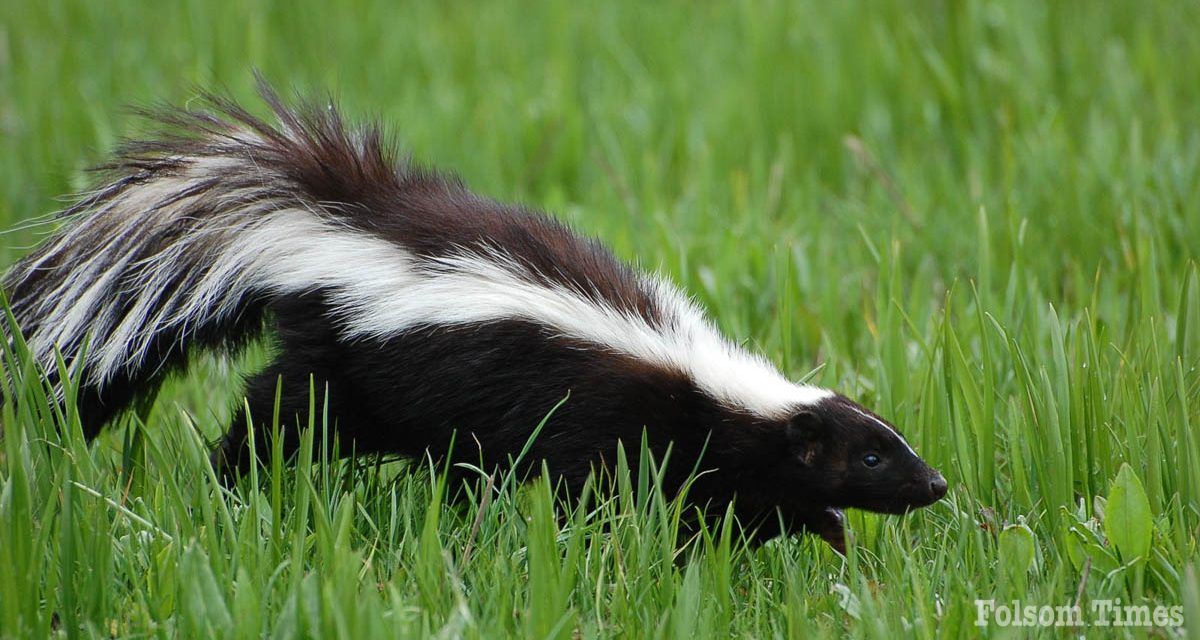A Sacramento Zoo visitor was bitten by a skunk on Oct. 15, 2024. According to a press release from Sacramento County Public Health officials, the skunk was behaving aggressively prior to biting the visitor. Sacramento Zoo officials captured and euthanized three skunks within the area after the incident and submitted them to the Sacramento County Public Health Laboratory for rabies testing. On Oct. 17,confirmation was received that two of the three skunks tested positive for rabies.
Sacramento Zoo officials captured and euthanized a fourth skunk on Oct. 17, 2024. That skunk will be sent for rabies testing and county officials are raising awareness of the dangers of rabies in skunks in an effort to protect the public.
Rabies is a severe infection of the nervous system caused by a virus that is most often transmitted through the bite from an infected animal. Rabies can infect all mammals, including humans. Preventative treatment is available for humans after exposure but must be started promptly. Once clinical signs of rabies are seen, the disease is almost always fatal. If you are bitten by an animal believed to have rabies, contact Sacramento County at 3-1-1 or (916) 875-4311.
With Land Park having popular destination for families, such as the Sacramento Zoo, visitors should take these steps to minimize exposure to rabies:
- Avoid contact with wild animals; call animal control if you see sick or injured wildlife
- Report unusual behavior of wildlife or domestic animals (e.g., stumbling, seizures, aggressiveness) tolocal animal control
- Immediately wash all animal bites with soap and water and seek medical attention.
In California, rabies is identified in about 200 animals every year, most often in wildlife like bats and skunks. Domestic animals such as dogs, cats, and horses can also get rabies, but this is not as common due to legal requirements for rabies vaccination. For more information, seeCalifornia Department of Public Health’s website.




